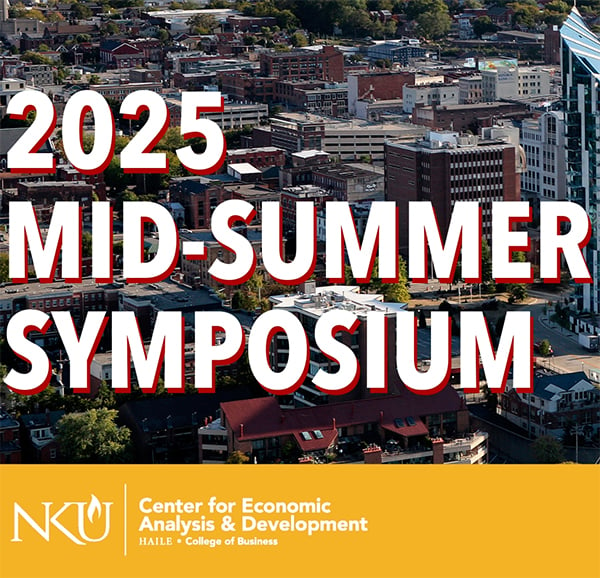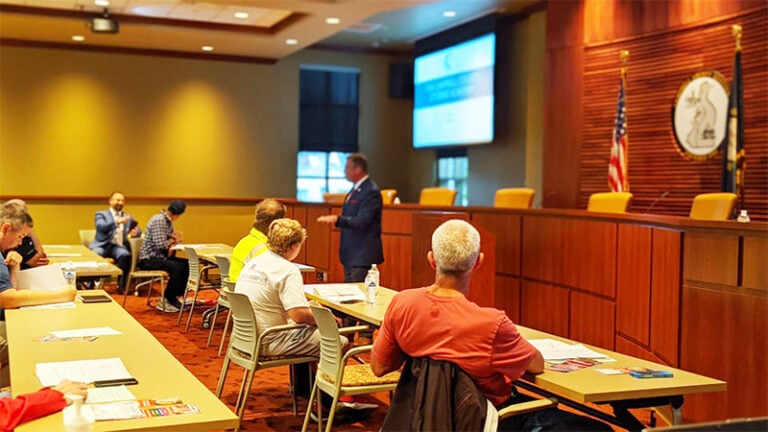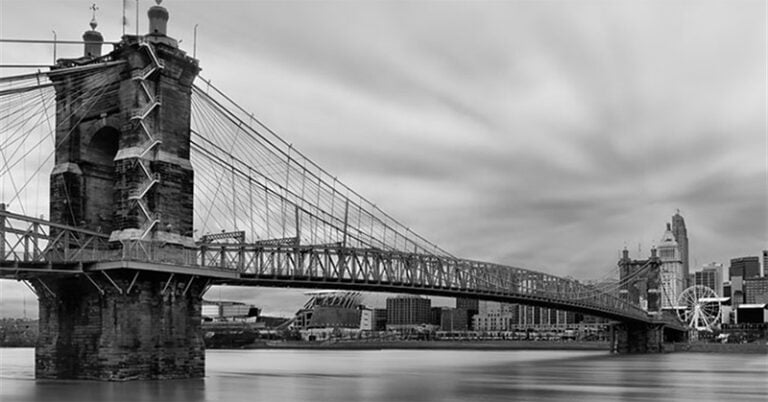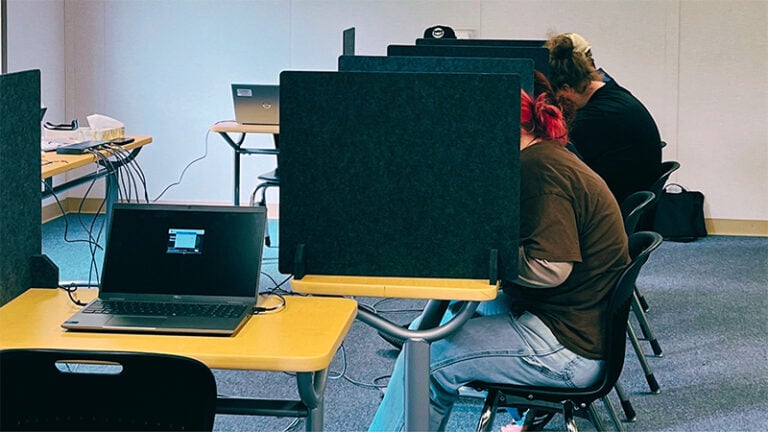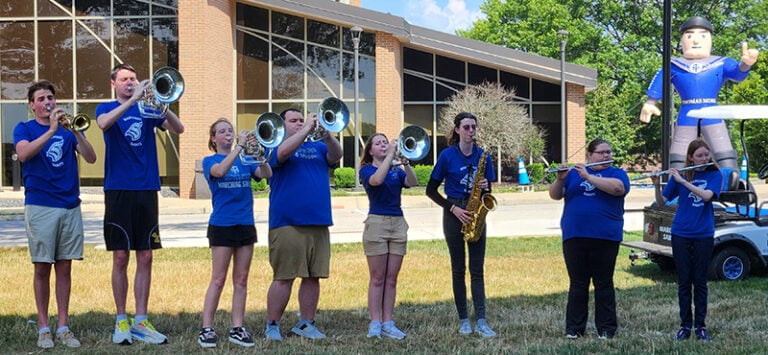
By William Landon
Special to NKyTribune
As race relations in the United States continue to be strained by factors affecting social and economic equality, it’s important to remember that even one person can make a difference.
James Parker did just that. And he did it at a time when circumstances were far worse – in the years leading up to the U.S. Civil War.
In 1839, as the issues of race and freedom divided the nation and pushed it toward the greatest conflict in its history, Mr. Parker and his wife, Priscilla, founded a small school in New Richmond, Ohio. The Parker Academy was the first school of its kind in the United States to offer fully integrated classrooms open to all races, religions, and genders. The small college preparatory academy was a beacon of light and tolerance during one of America’s darkest hours.
The Parkers dedicated their lives to using a classical liberal arts education to build equality in their classrooms and their community. Abolitionists and teachers came from across the county and as far as Europe, joining runaway slaves who’d escaped the South. These former slaves were taken in by the Parkers and given access to an education free from racial prejudice.

Not everyone shared the Parkers’s world view. The school was raided by “slave catchers” seeking to reclaim students, who they viewed as human property, back to the plantations from which they’d fled. He defended his school and his students, fighting tirelessly for their civil, educational, and religious rights. Later, many of those students would go on to help turn the tide against slavery, serving in Colored Regiments in the Civil War. Many went on to become successful business owners and farmers in our region and beyond.
“The Parkers and a small group of like-minded visionaries changed our region and our nation for the better, and their example rings as true today as ever,” said Dr. William Landon, chair and associate professor of history at Northern Kentucky University.
Beginning May 11, Landon will lead a partnership between NKU and the National Underground Railroad Freedom Center to excavate the Parker Academy site. NKU history and geography students and faculty will be joined by their sociology, anthropology and philosophy peers as well as those from the NKU graduate program in public history on the unique project.
They will also examine, for the first time in an academic setting, the Parker family archive.
“This combination of hands-on archeological experience, archival training, historical interpretation and preservation, and in-depth research will offer students from our region and the across the country a unique opportunity to experience history in real and impactful ways,” Landon said.
Perhaps more importantly, he said, they will gain a better understanding of the complexities our nation faces today.
“As much as anything else, we’re learning about true change agents,” Landon said. “The Parkers had a vision for their community and in the face of great obstacles and resistance, they built bridges that forever changed the course of history. One person can make a difference, and there is no better proof of that than the Parker Academy.”
William Landon is chair of the NKU Department of History and Geography.








